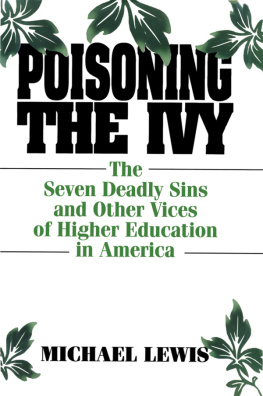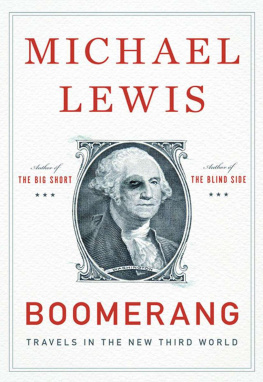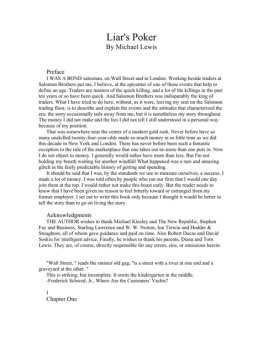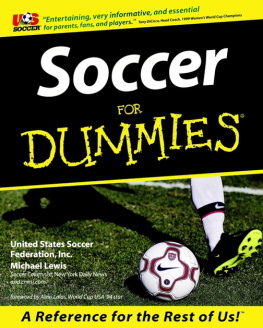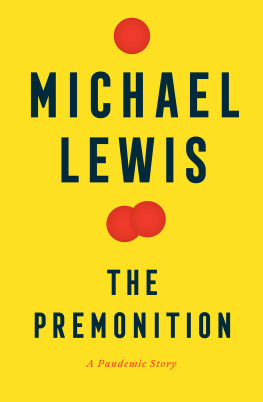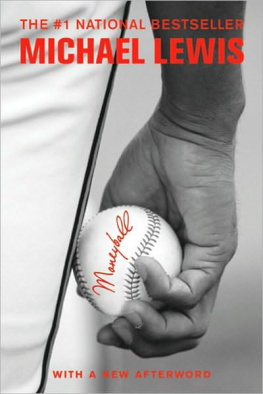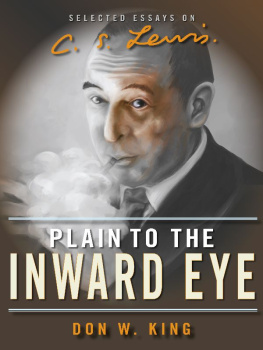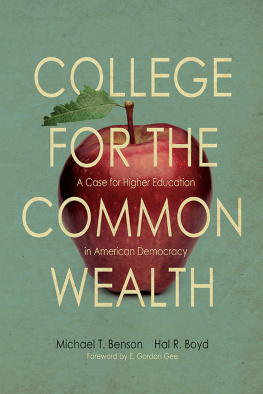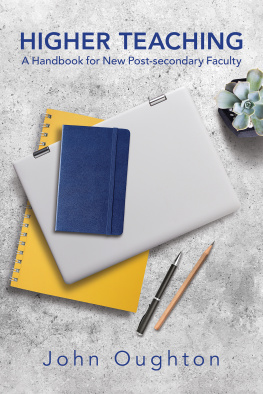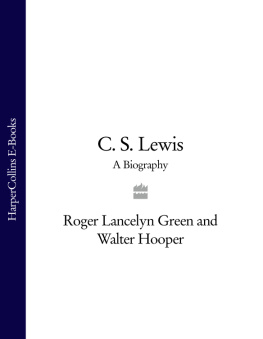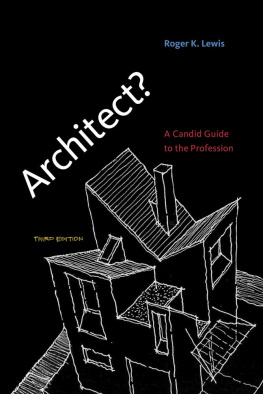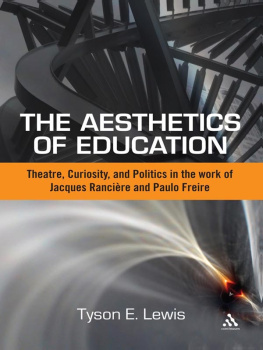First published 1997 by M. E. Sharpe, Inc
Published 2019 by Routledge
2 Park Square, Milton Park, Abingdon, Oxon OX14 4RN
52 Vanderbilt Avenue, New York, NY 10017
Routledge is an imprint of the Taylor & Francis Group, an informa business
Copyright 1997 Taylor & Francis.
All rights reserved. No part of this book may be reprinted or reproduced or utilised in any form or by any electronic, mechanical, or other means, now known or hereafter invented, including photocopying and recording, or in any information storage or retrieval system, without permission in writing from the publishers.
Notice:
Product or corporate names may be trademarks or registered trademarks, and are used only for identification and explanation without intent to infringe.
Library of Congress Cataloging-in-Publication Data
Lewis, Michael, 1937 Oct. 2-
Poisoning the ivy :
the seven deadly sins and other vices
of higher education in America /
Michael Lewis.
p. cm.
Includes bibliographical references (p.) and index.
ISBN 0-7656-0071-4 (alk. paper)
1. College teachersProfessional ethicsUnited States.
2. College teachingCorrupt practicesUnited States.
I. Title.
LB1779.L451997
378.121dc21
96-40284
CIP
ISBN 13: 978-0-7656-0071-4 (hbk)
Since beginning this book, I have come up against a persistent concern. Many of my academic colleagueseither because they apparently view my effort as little different than treason or because they view it as an exercise in symbolic self-immolationkeep asking why: Why would I write a book the avowed purpose of which is to present an unrepentant critical attack on what they take to be the most honorable of institutions, a book that, in their eyes, will only give aid and comfort to the most implacable foes of higher learning? Why would I take on a project that will likely earn the enmity of many professors and make me the target of their vilifying slings and arrows?
During the several years it has taken me to complete the writing of this book, I have at times embraced the position that I need not explicitly address this matter. It can, after all, be justifiably maintained that the value of an argument should be established independently of the motivations driving those who advance it. I have now, however, concluded that there is indeed a compelling reason to visit the concern in question before getting on with the business of these pages.
My motives for writing this book are likely to be mischaracterized by those whose interests are offended by its contents. In what is rapidly becoming a standard ploy, critics bother less and less with efforts to defeat arguments hostile to their own positions, opting instead to attack the interests, motives, and character of those who have made them. It is a tactic having reference points in the overly reductive class-bound relativism of Karl Marx, Sigmund Freuds equally reductive emphasis upon the unconscious overdetermination of ideas, and the postmodern insistence on context as the only reality. Whether or not they seek to justify themselves in terms of this intellectual provenance, many contemporary critics seem unable to resist the intuitive allure of ad hominem attacks. What they engage in is criticism by association. The validity of an offending argument, they seem to believe, will be undermined if its makers motivation can somehow be rendered impure. They are thus likely to dwell on those inescapable human characteristics that do indeed move us to make particular arguments regarding particular issues. The list of characteristics that attracts pejorative critical attention is virtually inexhaustiblemasculinity, femininity, heterosexuality, homosexuality, bisexuality, wealth, poverty, racial identity, ethnic identity, nationality, class position, religion, regional background, rural origins, urban origins, body type, marital status, age, profession, personal habits, appearance, political leaningsand any other trait that can conceivably have motivational relevance. In effect the critics suggest that since the proponent of an argument probably has traceable human reasons for making it, the argument cannot be valid. Since he or she has the proverbial ax to grind, truth must suffer a mortal blow.
Rather than abandon the why question to the reductive fantasies of critics who would diminish the significance of this books argument by casting it as just another self-serving complaint (the what would you expect from someone who criticism), I think it necessary to offer my own contemplation of its sources. While the availability of this version will not likely interdict the mischaracterizations others may make, it will at least allow readers to decide for themselves what interests are being served in these pages and whether or not that service is truths enemy.

Disappointment and anger fuel the book you are about to read: disappointment at the way the well-meaning academic majority allows the self-serving and incompetent minority in its midst virtual free rein, anger at the refusal of that majority even to consider the possibility that it has been willfully inattentive and therefore negligent. Why I should have become particularly sensitive to these failings cannot be definitively ascertainednot by me or anyone else, for that matter. I have colleagues whose backgrounds are similar to my own but who nevertheless do not share my robust alienation from everyday academic reality. Some, it must be said, profess astonishment regarding my views. But if I cannot offer a definitive account of how I have come to my disappointment and anger, I can isolate at least two experiences that appear to have nurtured my sensibility.
Coming of age in the 1950s, I benefited from the special largess that for decades (but alas no longer) the people of New York City bestowed upon their children. In a manner that, on reflection, impresses me as heroic, New Yorkers of mostly modest means determined that the citys children would be guaranteed access to a truly dazzling array of educational opportunities. Public secondary schools not only offered standard academic fare but provided specialized courses of study as well. Aspiring young artists, actors, fashion designers, engineers, scientists, printers, chefs, navigators, machinists, and musicians all could find the training they sought, if not in their district high schools, then in one of the specialized high schools that drew students from across the city.that allowed access to first-quality higher education for young men and women who would otherwise have been denied it.
I was graduated from one of New Yorks specialized high schools (the High School of Music and Art) and received a B.A. from Brooklyn College. As an adolescent, I did not appreciate that I was on the receiving end of a great gift. School was simply school. I felt lucky to attend Music and Art because it had an important reputation and as such made me feel that maybe, just maybe, my dream of becoming the next George Gershwin might come true. I was grateful to have been accepted at Brooklyn College because attending a municipal school was my only option as regards higher education. As an adult, a parent who has seen two children through their educational experiences and a professional whose career has been in higher education, I have, however, had occasion to recollect in awe the gift given me and so many others. But it isnt so much the gift itselfimpressive though it was as it is the gift givers who fill me with awe. My benefactors were not wealthy philanthropists. They werent Rockefellers, Guggenheims, Camegies, Pulitzers, or others of their privileged ilk. My benefactors didnt have campus buildings named after them, and they were never invited to participate in ground-breaking or ribbon-cutting ceremonies. My benefactors, the benefactors of several New York generations, were ordinary people, people who worked hard and took home less than they should have, people for whom every dollar counted. They had names like Glasser, Machanofsky, Catanzarro, Pereira, Walker, and Chin. For six of the weeks seven days, they routinely got up before dawn, rode an hour or so on the subway, labored for eight or more hours at jobs that regularly mocked the American dream, then, gray with fatigue, reversed their mornings subterranean journey, returning often in darkness to apartments whose insufficient size they were too exhausted to notice. Frequently uneducated themselves, my benefactors were nevertheless more than willing to surrender their tax dollars (a not insignificant portion of their limited incomes) for educational purposes. These Machanofskys and Chins, these Catanzarros and Glassers, Pereiras and Walkers worked as hard as anyone Ive ever known, and while they regularly complained about the long hours, the bosses, and their underfilled pay envelopes, they rarely if ever complained about their hard-earned tax dollars being expended on educational frills or the unreasonable generosity of providing tuition-free higher education for other peoples children.

